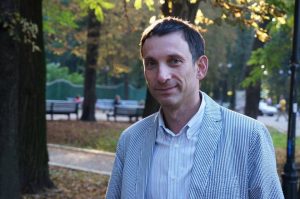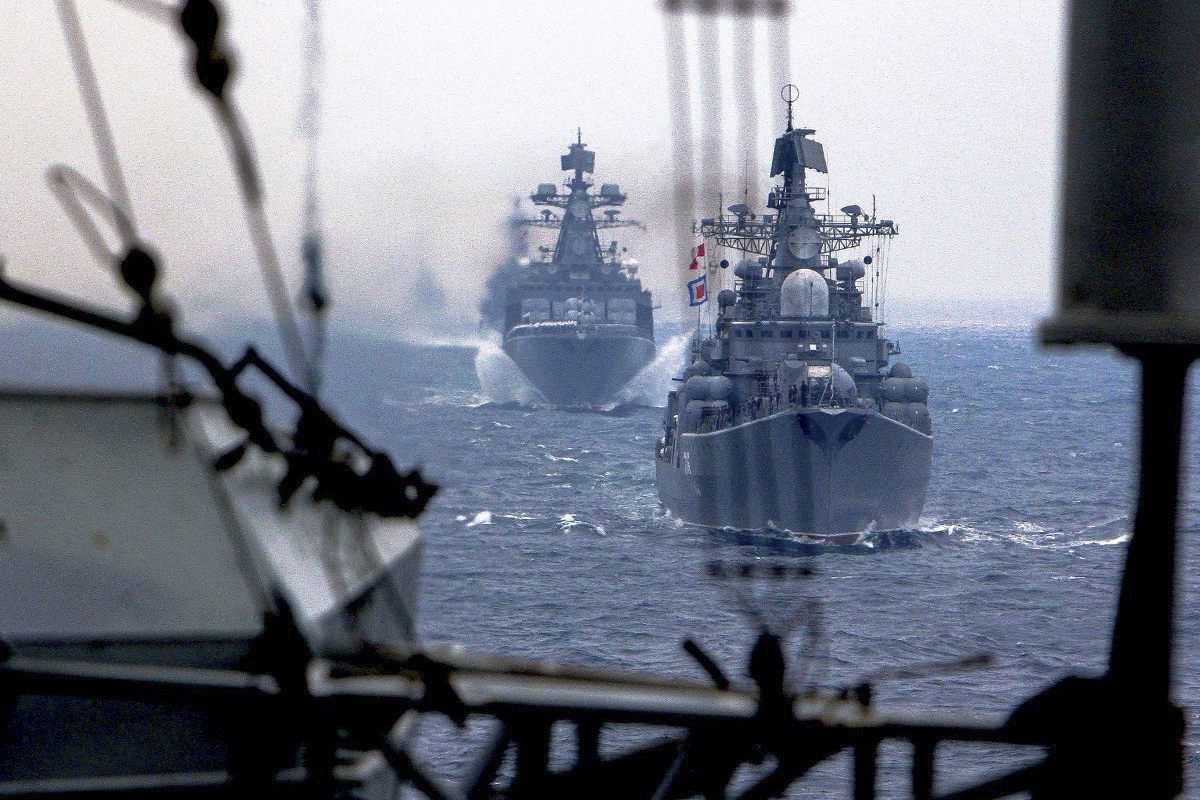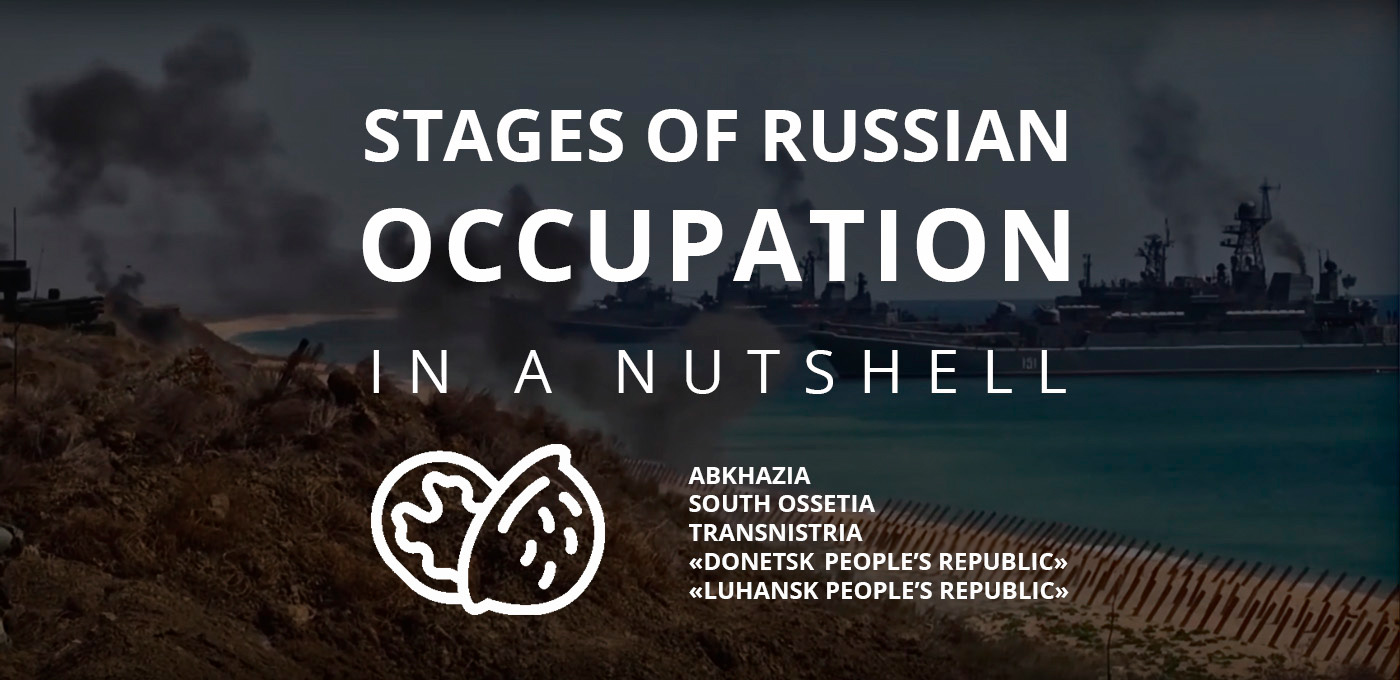Clausewicz famously observed that "war is the continuation of politics by other means;” but in the case of Ukraine, Vladimir Putin has inverted that definition and is seeking to make peacemaking into another means for continuing the policies behind his war there, according to Ukrainian commentator Vitaly Portnikov.

The chief results of the Normandy Four meeting in Paris, he says, are that the Minsk Process will continue into next year with a focus on elections in Russian-occupied areas with Putin avoiding direct aggression but seeking to destabilize Ukraine internally by other means.
And that means, Portnikov says, that the chief question is whether the Donbas will become a second Transdniestria or a second Gagauzia. Both sought independence, but Gagauzia, although pro-Russian influence there remains strong, accepted its status as a territorial autonomy while Transdniestria continues as “a self-proclaimed republic to this day.”
Given the absence of a joint statement at the end of the Paris meeting, Portnikov argues, it is important to remember what the two sides had as their “main task” for the session. Ukraine’s Petro Poroshenko sought the putting off or cancellation of separatist elections because such votes would have made the Minsk Process meaningless and mean “the final freezing of the conflict.”
For Putin, the Ukrainian commentator says, “the main goal” was not to allow any new sanctions against Russia but rather to gain time by extending the time frame for the implementation of the Minsk accords. That goal became even more important after he launched his Syrian air campaign.
Western countries are furious at what Putin is doing in Syria, Portnikov points out, and they would only have been encouraged to impose yet more sanctions on Russia if he allowed the separatist elections to go forward in Ukraine.
Given these goals, the two sides each took something away: Poroshenko succeeded in delaying if not cancelling elections in the Russian-occupied areas of his country, and Putin succeeded in pushing the Minsk Process into 2016 thus reducing the likelihood that the West will impose more sanctions on Russia in the near term.
But that prolongation hardly solves the problem. Kyiv still wants to set the rules under which any such elections will take place, and Moscow does not want to act in any way that might make it appear that Putin has made concessions and thus “lost face.” Trying to square this circle is not easy; delaying any final decision thus is the least unattractive option.
What then does this mean? Portnikov asks rhetorically. Simply this: any settlement has been put off, the war has been frozen without the occupied territories having acquired “specific form,” and Moscow will thus pursue its agenda in Ukraine by other means, a policy less likely to lead to new sanctions but no less risky for Kyiv – and perhaps even more so if the West turns away as a result.





